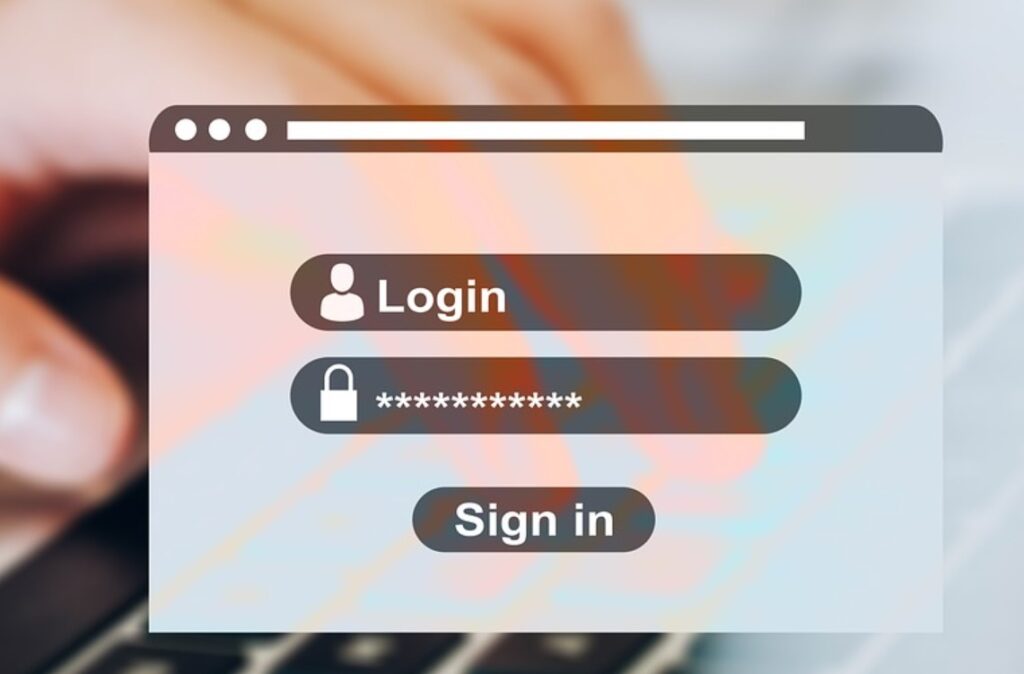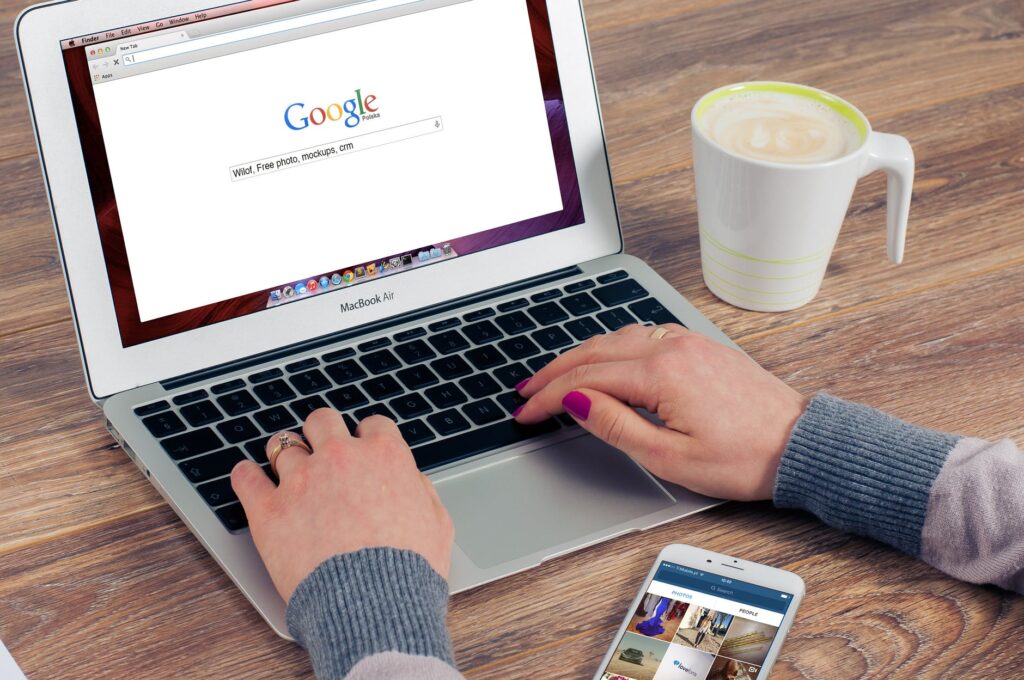Are you looking for ways to ensure that you and your family are safe from the dangers of the internet? Do you wonder what you can do to go the extra mile for computer security? If so, then you should start by learning all that you can about computer privacy.
Doing so can give you more peace of mind. By being proactive, rather than reactive, to computer threats, you can avoid some costly mistakes while roaming through the internet.
See below for an in-depth guide with tips on how to elevate your digital privacy and avoid any private computing.
1. Cleanse Your Email Inbox

Have you noticed that your computer is slowing down lately? Do you feel like your computer storage space has all of a sudden dwindled to next-to-nothing? If so, then you’ll want to take a hard look at your mail app.
This can also be a threat to your computer security. If you never take the time to delete excessive mail, it could potentially be a way for someone to invade your privacy.
Make it a habit to sort through these downloads often and delete the ones you have no use for. To delete mail downloads on a Mac, go to “Mail”, then click on “Message”, and select “Remove Attachments”.
For those of you that want to completely purge the attachments in your mailbox, you can use a tool like CleanMyMac X to get started. Just open up the app and then select “Mail Attachments”, then choose the “Scan” option.
After the app scans your inbox, there will be a “Clean” button that you can choose; simply click it and remove those pesky, space-eating, privacy-reducing attachments once and for all.
Stay in control of your inbox. Delete your spam folder often. Always unsubscribe to the companies that won’t stop sending you junk mail.
2. Browse Incognito

For many people out there, you might think the solution is simple. You might suggest that, if someone really wants to protect their computer privacy, they should avoid surfing the internet.
However, in today’s world, that’s nearly impossible. People rely on the internet for their jobs, such as content writers using the internet to research different statistics and studies to support their blog article claims.
So is there a way to protect yourself and browse the internet? Yes, use your internet browser’s incognito browsing mode!
What does that mean? Incognito mode allows you to browse the internet without releasing any of your activity data. Whether you knew it or not, a normal browser saves all of your activity.
There are many different benefits of using incognito mode for computer privacy reasons. First, it deletes all cookies, so that you aren’t bombarded by ads of the online stores you’ve visited.
Second, no one will be able to see your browsing history. If your computer was stolen, they won’t be able to see what sites you visit often. This can tell them a lot more about you than you’d think.
Lastly, you can have multiple accounts open at once; that way you can browse incognito for work and personal reasons simultaneously.
3. Mix Up Your Passwords

Don’t act like you already do this. Statistics show that two-thirds of people use the same password for several different accounts, if not the same password for all of their accounts.
That means that, if someone were to figure out your password to one account, they’d have access to anything you’ve ever signed up for. That crazy aunt of yours to who you gave your Netflix account password?
Yeah… she could access much more personal accounts if you use that same password.
Always mix up your passwords. Try not to keep them too relevant to your life, but make sure that they’re memorable (otherwise, it defeats the purpose).
As a good point of reference, always try to use at least two capital letters, one number, and one symbol.
4. Be Quick to Inspect, Slow to Click

Some people are way too quick to click on something on the internet. Don’t be fooled by the bright buttons and strong call to action.
It’s always important to inspect the links you’re clicking on. Don’t click on a link just because it’s embedded in the article that you’re reading. If you’re unsure about the site you’re on, click the back button and never return.
We all run into these situations every now and then. Just be more aware of the people you receive these links from; only click on links from those you trust.
5. Don’t Share Your Entire Life on Social Media

Social media already reveals enough about your life as is. Just because there are fields on your account bio to fill in doesn’t mean you have to fill them all in.
If you don’t want people to email you random messages, then don’t share your personal or professional email on there like a sitting duck. If you want to protect your identity or make sure your kids are protected, don’t post every little detail about their lives.
Be strategic about what you share online. There are ways to give people a glimpse at your life without spilling all of the details like an open book.
Use These Computer Privacy Tips Today
Now that you have seen an in-depth guide on the best computer privacy tips, be sure to use all of these to your advantage.
Take the time to browse our website for more articles on digital privacy, as well as many other topics that you will find interesting.

